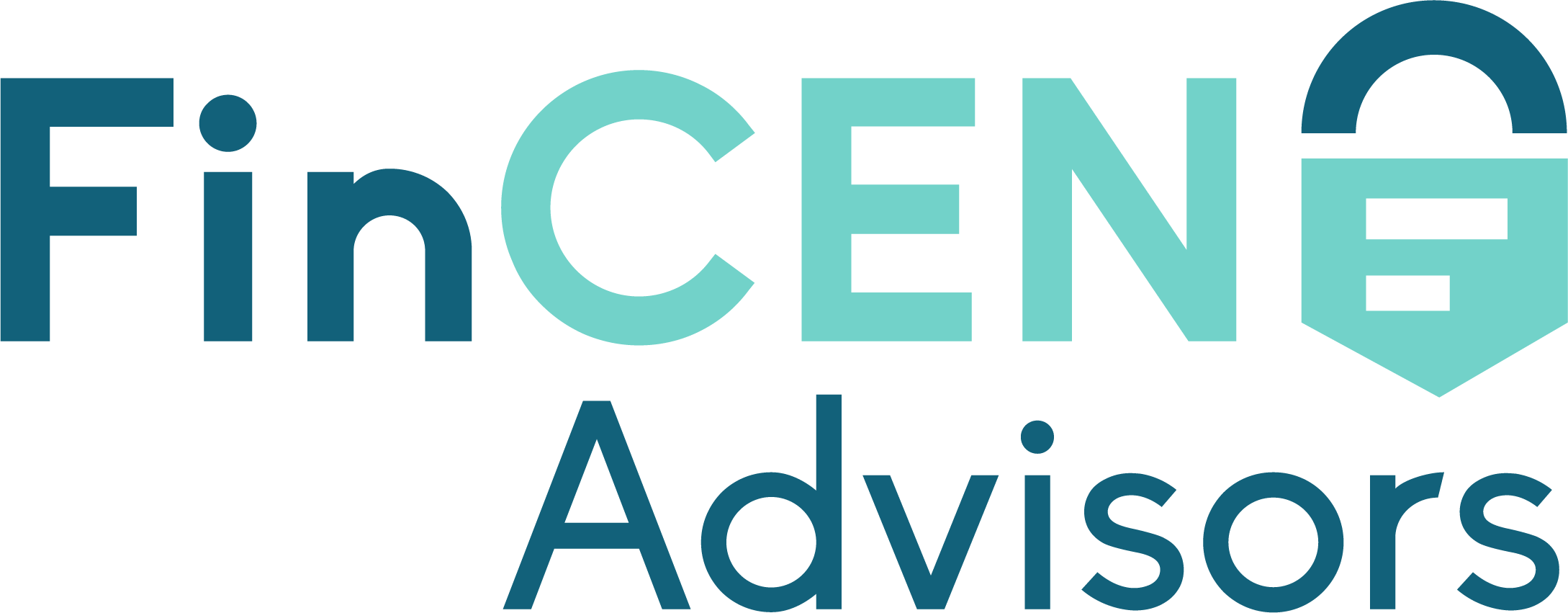Find out how to stay proactive and be prepared for compliance audits.
Key takeaways:
- In general, audits may be financial, operational, or regulatory.
- Auditors will look at whether all applicable standards, laws, and regulations are followed for compliance audits.
- Focus on audit preparedness by bringing in experts, setting up new policies, and creating an internal audit team.
Maintaining business integrity should be a top concern for small and medium-sized businesses (SMBs). While they may be pretty uncommon, audits play a significant role in ensuring organizations uphold ethical standards, comply with regulations, and exhibit financial transparency. Audits examine a business’s operations, processes, and financial records and can look a few different ways, but they identify potential irregularities, mitigate risks, and reinforce business practice integrity.
Financial audits scrutinize a company’s financial statements and records to ensure accuracy and compliance with accounting principles. Operational audits assess the efficiency of internal processes, identifying areas for improvement and streamlining business operations. Regulatory or compliance audits focus on confirming adherence to industry-specific regulations and legal requirements, ensuring SMBs align with applicable laws and standards.
This post covers everything SMBs need to know about that final type of audit: the compliance audit.
Key compliance areas for SMB audits
Compliance audits may cover several areas to ensure businesses adhere to legal standards, industry regulations, and ethical practices. One key aspect is financial compliance, where auditors assess the accuracy and transparency of a company’s financial statements and records. This includes verifying that accounting practices align with established principles and regulations.
Human resources and employment practices may also be scrutinized to ensure compliance with labor laws, nondiscrimination policies, and workplace safety regulations. Data protection and privacy have become increasingly significant, with audits focusing on how businesses handle and safeguard sensitive information to comply with data protection laws.
SMBs often face a range of regulatory requirements depending on their industry and geographic location. This may include tax regulations, licensing requirements, environmental standards, and industry-specific guidelines.
Compliance with anti-money laundering and know-your-customer (KYC) regulations is also crucial and may be audited. The new reporting requirements related to beneficial ownership information from the Financial Crimes Enforcement Network (FinCEN) must also be accounted for.
Data protection laws, such as the General Data Protection Regulation (GDPR) in Europe or the Health Insurance Portability and Accountability Act (HIPAA) in the U.S., focus on SMBs handling customer or employee data.
Actively addressing these regulatory requirements is essential for SMBs. They can avoid potential repercussions and build trust with customers and stakeholders by demonstrating a commitment to responsible and compliant business practices.
How to develop an audit preparation plan
SMBs face unique challenges, including the fact that they don’t always have the resources that larger companies do. This can make audits and audit preparation seem daunting. Audits may be more rare, but creating a proactive audit preparation strategy is essential for businesses to mitigate any potential compliance risks. Here are eight steps to develop an effective strategy:
- Understand the regulatory landscape
Start by thoroughly understanding the regulatory landscape applicable to your industry and location. Identify key regulations and standards that impact your business operations, like FinCEN’s beneficial ownership reporting requirements. Stay updated on any recent changes or updates in the regulatory environment, as amendments happen frequently.
- Look for gaps in your current operations
Dig into how your processes and operations run now to identify areas where your business may be vulnerable to compliance issues. Evaluate internal systems, data handling procedures, employee practices, and other factors that might pose compliance risks.
- Form a compliance team
Establish a dedicated compliance team or designate individuals within existing teams to oversee compliance matters. Clearly define roles and responsibilities, ensuring that team members are well-versed in relevant regulations and compliance best practices. They should understand the importance of compliance for business success.
- Develop and document policies
Create and document clear and comprehensive compliance policies and procedures. Ensure that these documents are easily accessible to all employees who need to reference them. Regularly review and update these policies to reflect regulations and business practices changes.
- Implement employee training programs
Provide regular training sessions to educate employees on compliance requirements, company policies, and ethical business practices. Ensure that employees understand the importance of compliance and their role in maintaining it. Aim to create a culture of transparency.
- Automate compliance tracking
Leverage technology to automate compliance tracking and reporting processes. Implement software solutions that monitor regulatory changes, track compliance activities, and generate reports more efficiently. Automation helps reduce the risk of human error and ensures consistency in your SMB’s compliance efforts.
- Maintain accurate and accessible financial records
Make sure your team is dedicated to keeping thorough documentation of all compliance-related activities, audits, and corrective actions taken. Proper recordkeeping demonstrates diligence and serves as evidence of compliance efforts when you face a compliance audit.
- Engage with professional auditors
Consider bringing in external compliance experts or consultants to conduct periodic audits. External perspectives can provide valuable business insights and help identify blind spots that may have been overlooked internally. Look for external auditors familiar with your industry and compliance best practices and standards.
Post-audit actions for continuous improvement
In the event you have to deal with an audit, after it’s over, you should take proactive measures to leverage the audit feedback for continuous improvement and future compliance readiness. Conduct a thorough analysis of the audit findings. Identify any patterns, recurring issues, or areas where compliance fell short. This analysis serves as the foundation for developing a targeted improvement plan.
Engage with the auditors and internal team to gain insights into the root causes of any noncompliance issues. Consider setting up a feedback loop with auditors to maintain an open line of communication, allowing for ongoing dialogue about compliance improvements.
Consider revising and strengthening compliance training programs to address specific areas of concern. Leverage technology to automate and streamline compliance processes where possible, reducing the likelihood of human error. Additionally, involve employees in the improvement process by encouraging them to share their insights. Establish a culture that values continuous learning and adaptation, recognizing that compliance is always evolving.
Building a culture of compliance as an SMB
Compliance is one of the most important foundational concerns for businesses. You won’t be prepared without a proactive approach.
But you don’t have to leave your audit processes to chance. Take the right steps to ensure your SMB has one foot forward and maintains compliance.
The new beneficial ownership reporting requirements are an area of compliance you may not be familiar with. You need a comprehensive solution like FinCEN Advisors offers.
FinCEN Advisors provides the tools your business needs to succeed with compliance. Audit preparation is simplified with these solutions. Contact FinCEN Advisors today to talk to an expert about our process.









